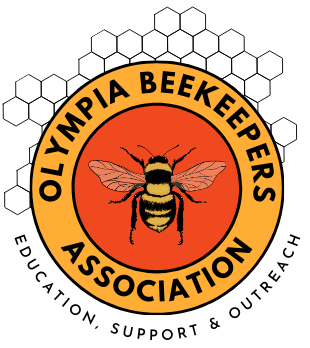Attendees: Bryan, Nathan, David, Camy, Gail, Mohan, Kristina, Melissa
25 people in attendance; 21 in-person and 4 online Updates from the President: Treasurer: Education: Membership: Outreach: Librarian: Speaker tonight is Alex from Garden Raised Bounty (GRuB) – “Healing through Hives”
29 people in attendance; 26 in-person and 3 online Updates from the President – Nathan Treasurer update Fair is coming up at end of July! If you have honey, you can sell it at the bee booth. Librarian – Please remember to fill out the cards when you borrow a book so we can track (more…)
On the Google Discussion group, there is interest on how to do splits. Thank you, Jordan, for sharing your OBA presentation from 2024. Jordan is available to answer questions. Email him at jordan.d.bram@gmail.com
46 people in attendance; 43 in-person and 3 online Updates from the President – Nathan Vice President – Bryan Outreach Coordinator – Mohan Membership – Kristina Treasurer – David Education – Gail Librarian – Lynn Speaker tonight: Jordan Bramwell is teaching us about queer rearing!
